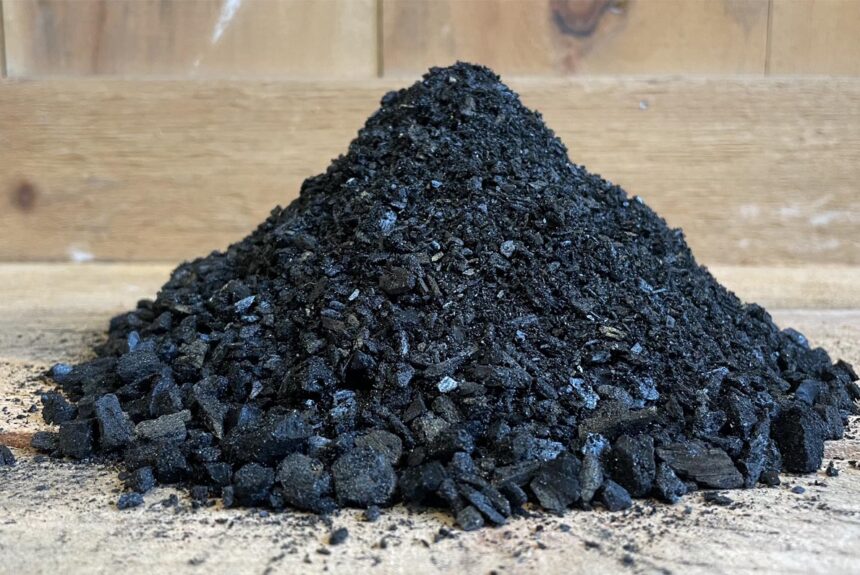Max Graham writes in Canary Media about biochar.

- Biochar is a charcoal-like substance that is created by burning agricultural waste or organic matter with a process that does not release any CO2 emissions.
- Biochar can sequester carbon dioxide for hundreds, if not thousands, of years and is relatively easy to deploy.
- In addition to emissions reduction benefits, biochar improves soil health.
- While a shovel-ready climate solution, biochar faces several challenges to implementation most notably by farmers who do not see it as a value-add to food production.
“Part of the challenge is that biochar doesn’t exactly fit into the standard American farming curriculum. It’s neither a fertilizer nor a pesticide, and it doesn’t supercharge crop production. ’It’s not something that’s likely to double yield,’ said Milton McGiffen, a cooperative extension specialist and agricultural researcher at the University of California, Riverside. Still, McGiffen said, biochar’s benefits are clear, particularly when it’s added to soils that have a lot of sand or clay and struggle to hold on to water and nutrients.”
Read the full article here.
The views and opinions expressed are those of the author’s and do not necessarily reflect the official policy or position of C3.
